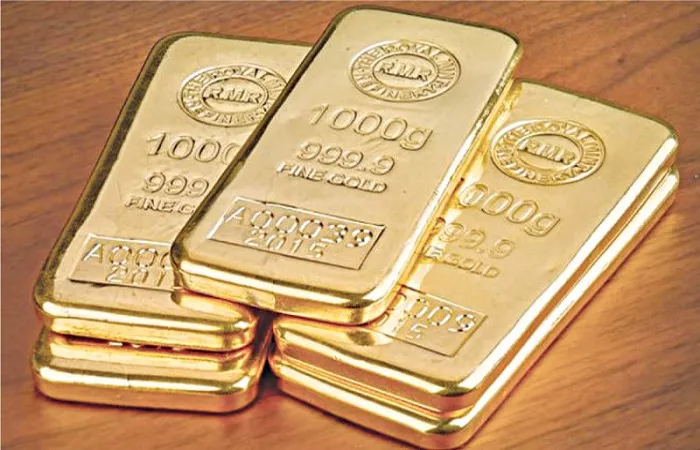Gold prices rose to a one-week peak on Thursday, reaching the $3,377-$3,378 range during the Asian session. The upward movement marks the second consecutive day of gains, driven by a combination of factors, including growing geopolitical concerns and a weaker US dollar.
US President Donald Trump’s recent threat to impose additional tariffs added pressure to the global market, undermining optimism stemming from positive outcomes in the US-China trade talks. The threat of escalating trade tensions, coupled with rising geopolitical risks in the Middle East, tempered investor appetite for riskier assets, prompting a shift toward safe-haven investments like gold.
The US dollar, which has been on the decline, also supported gold’s ascent. A broad selling bias against the dollar was reinforced by economic data released on Wednesday showing a slower-than-expected rise in US consumer prices in May. This news fueled market expectations that the Federal Reserve will resume its rate-cutting cycle in September. The dovish outlook for US monetary policy contributed to a further decline in US Treasury yields, pushing the dollar to its lowest level in a month, which in turn benefited gold.
With traders awaiting further US economic data for direction, the fundamental outlook appears to favor gold’s continued upward momentum.
Geopolitical Risks and Economic Data Fuel Gold’s Rally
Several key events have bolstered gold’s safe-haven appeal. Trump’s tariff threat, announced on Wednesday, reignited trade tensions. The President stated that the US would impose unilateral tariffs and notify its trading partners within two weeks, adding uncertainty to global markets. This overshadowed the cautious optimism that followed recent US-China trade talks in London.
Simultaneously, heightened security risks in the Middle East further amplified the demand for gold. The US ordered non-essential personnel to leave its Baghdad embassy and authorized the voluntary evacuation of military families from the region due to rising tensions. These developments followed a warning from Iran’s Defense Minister, Aziz Nasirzadeh, who threatened to strike US military bases if a conflict ensues over its nuclear program.
In Ukraine, Russia intensified its military strikes in retaliation for recent Ukrainian attacks. Early Thursday saw a new wave of drone attacks on Kharkiv, Ukraine’s second-largest city, keeping geopolitical instability at the forefront of global markets.
In terms of economic data, the US Bureau of Labor Statistics reported a slower-than-expected rise in the Consumer Price Index (CPI), which increased by 2.4% year-over-year in May, slightly below the 2.5% forecast. The core CPI, which excludes volatile food and energy prices, rose by 2.8%, in line with April’s increase. Following the CPI report, traders are pricing in a 70% probability that the Federal Reserve will cut interest rates in September, weighing on the US dollar.
Outlook: Gold Prices Poised to Test $3,400
As the market’s attention shifts to Thursday’s US economic reports, including the Producer Price Index (PPI) and weekly initial jobless claims, the fundamental backdrop remains favorable for gold. Despite any short-term fluctuations, the path of least resistance for gold appears to be upward, with analysts speculating that the metal could soon test the $3,400 mark. Wednesday’s breakout above the $3,350 level provides further momentum for the XAU/USD pair.
Related topics:
- India Surpasses China in Gold Purchases, Buying 51% More in Three Months
- Qilu Bank Enhances Support for Small Businesses with Innovative Financial Tools
- Bitcoin Poised for a Surge Amid Gold’s Delivery Delays, Expert Claims


